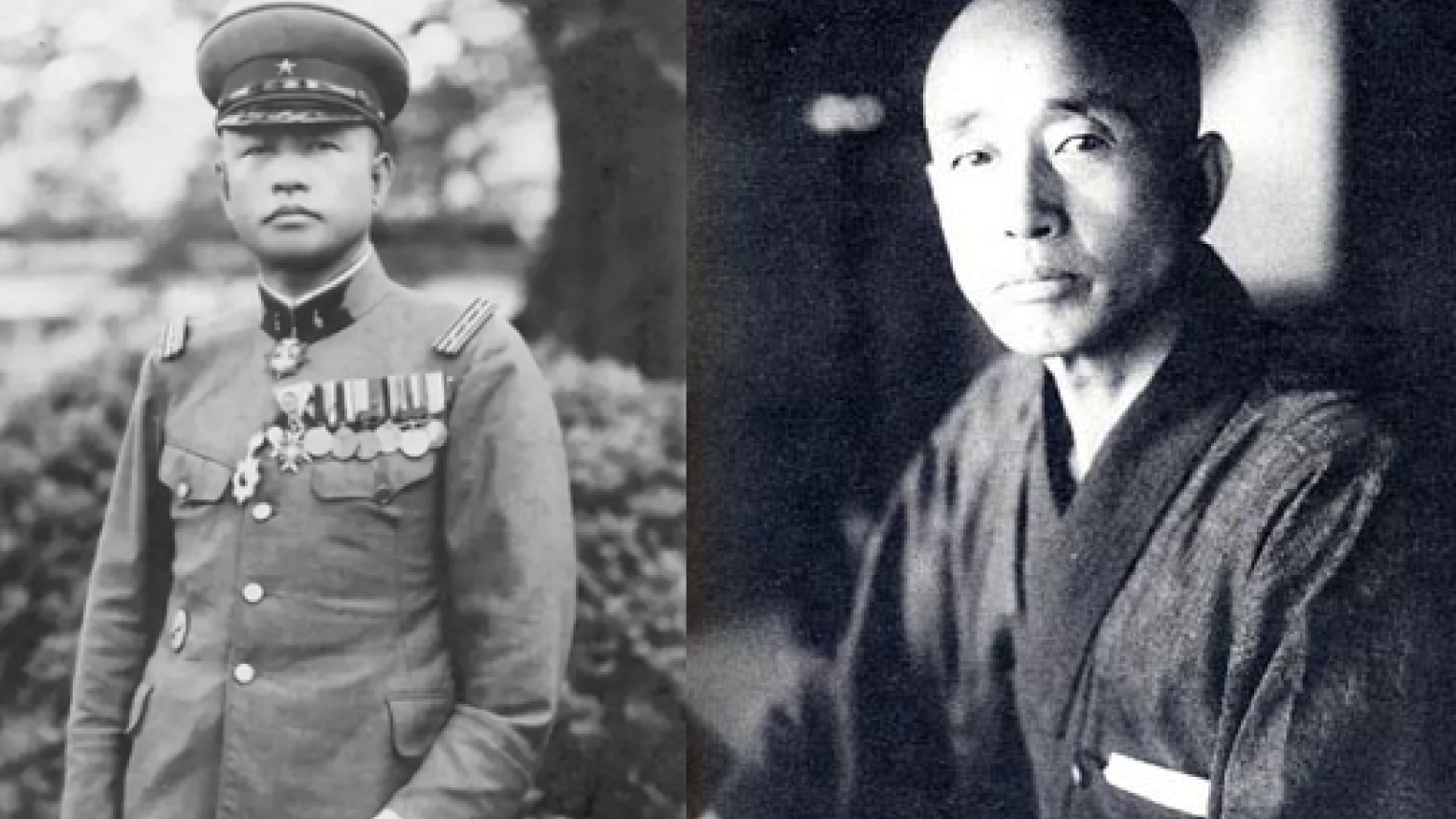The ANU Japan Institute Seminar Series showcases cutting-edge research by leading and emerging scholars based primarily in Australia and Japan.
Strategy and Religion in Imperial Japan
Two of the most influential and prolific military strategists of imperial Japan, Satō Tetsutarō (1866–1942) and Ishiwara Kanji (1889–1949), were both deeply shaped by Nichiren Buddhist thought and by a strain of religious utopianism that permeated much of prewar Japanese society.
This talk explores how their strategic visions, Satō’s maritime defense theory and Ishiwara’s concept of the final war and world unification, were informed by religious worldviews and millenarian visions. It situates both figures within a broader network of religious thinkers, intellectuals, and military officers who sought to reconcile the ambitious ends of spiritual renewal and Japan’s imperial mission with the limited means of the modern Japanese state. Tracing these connections highlights the entanglement of religion, strategy, and national ideology in modern Japan, challenging the conventional view of Japanese military thought as purely secular or technocratic.
Speaker
Clinton Godart is professor at Tohoku University in Sendai, where he teaches history and religion of modern Japan. Originally from the Netherlands, he studied in Japan and gained his PhD at The University of Chicago. He is the author of Darwin, Dharma and the Divine: Evolutionary Theory and Religion in Modern Japan (Hawai’i, 2017), which explored the religious reception of Darwinism in Japan. He is currently working on a book project on the interplay between religion, military strategy, and militarist culture in modern Japan.
Image: Ishiwara Kanji, from Wikimedia Commons
Contact the ANU Japan Institute Seminar Series Convener: Dr Andrew Levidis at andrew.levidis@anu.edu.au
Sign up to the ANU Japan Institute mailing list.
